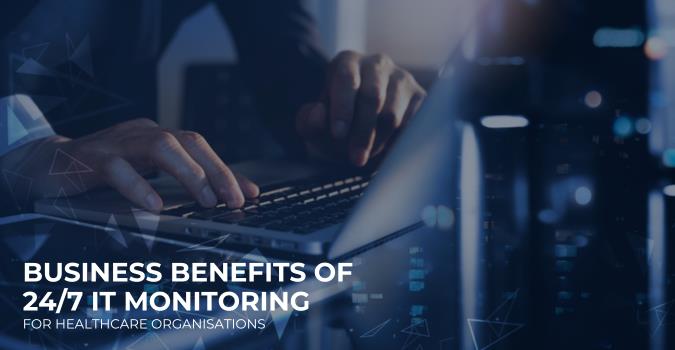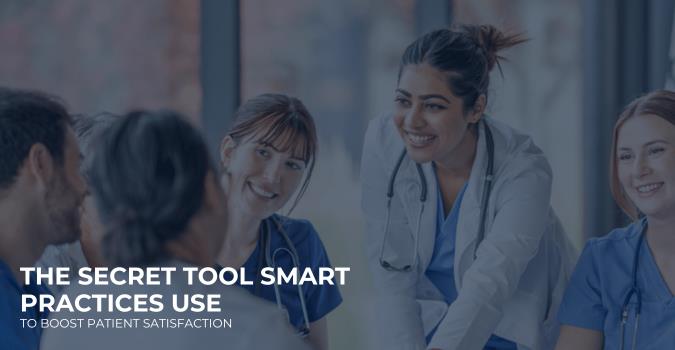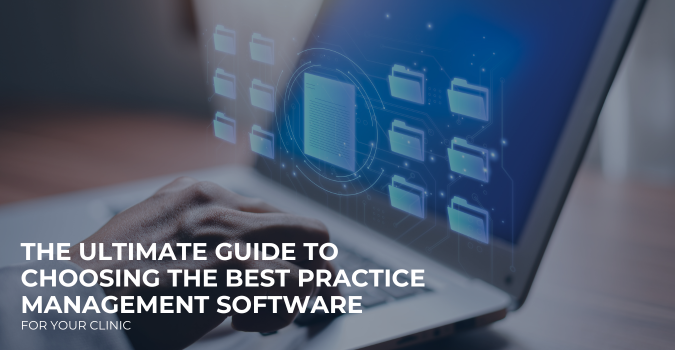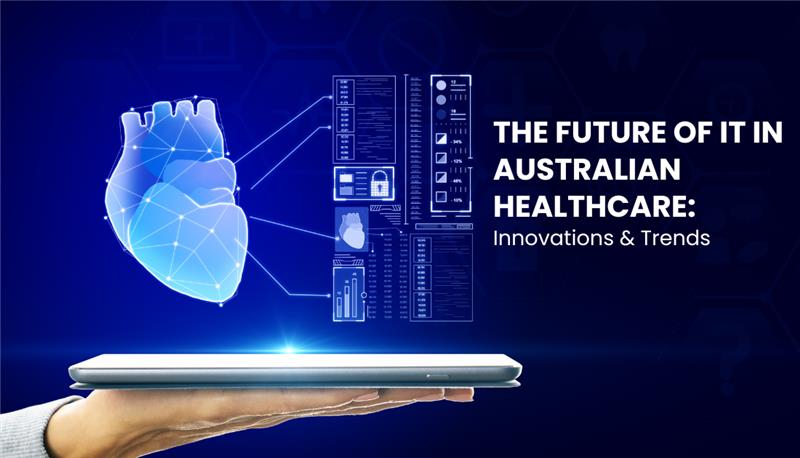In today’s fast-paced digital world, patients expect the same level of convenience and accessibility from…

Business Benefits of 24/7 IT Monitoring for Healthcare
Healthcare organisations rely on robust IT systems to manage patient records, facilitate telemedicine and support critical applications. Any downtime or security breach can lead to financial losses and compromised patient safety. 24/7 IT monitoring services help ensure optimal system performance, enhanced security and uninterrupted operations.
1. Enhanced Cybersecurity and Compliance
Cyber threats are a major concern for healthcare organisations due to the sensitive nature of patient data. 24/7 IT monitoring helps detect and respond to cyber threats in real time, preventing data breaches and ensuring compliance with industry regulations such as the Australian Privacy Act. With constant monitoring, IT teams can identify and eliminate threats such as ransomware, and phishing attacks before they cause significant damage.
2. Minimised Downtime and Improved System Reliability
Healthcare providers cannot afford IT disruptions, as system failures can delay patient care and impact operational efficiency. Proactive IT monitoring identifies potential issues before they escalate, enabling prompt resolution. This ensures that vital applications, such as electronic health records (EHRs) and telehealth platforms, always remain functional.
3. Faster Incident Response and Resolution
When IT issues occur, quick response is essential. 24/7 IT monitoring offers instant alerts and automated incident management, allowing IT teams to resolve problems immediately. This results in faster resolutions and reduces the impact of technical issues on healthcare service delivery.
4. Cost Savings and Resource Optimisation
Investing in 24/7 IT monitoring services can lead to significant cost savings in the long run. By preventing costly downtime and reducing the risk of data breaches, healthcare
organisations can optimise their IT budgets. Additionally, automated monitoring reduces the need for onsite IT staff during non-business hours, allowing resources to be allocated more efficiently.
5. Scalability and Future-Proofing Infrastructure
As healthcare organisations grow and adopt new technologies such as AI driven diagnostics and cloud healthcare management systems, their IT infrastructure must scale accordingly. Continuous IT monitoring ensures that systems remain efficient and secure as they expand. This approach supports digital growth while scaling risks.
6. Improved Patient Experience and Trust
Patients expect seamless and secure healthcare services. IT disruptions can lead to appointment scheduling issues, delayed test results and communication problems, all of
which can have negative impacts. 24/7 IT monitoring ensures that medical practices run smoothly, ensuring patient trust and satisfaction.
Conclusion
Healthcare organisations need 24/7 IT monitoring for cybersecurity, compliance and system reliability. IT management also reduces risks, costs and ensures seamless patient care. At Medical IT Services, we provide tailored solutions to ensure uninterrupted operations and peace of mind.




